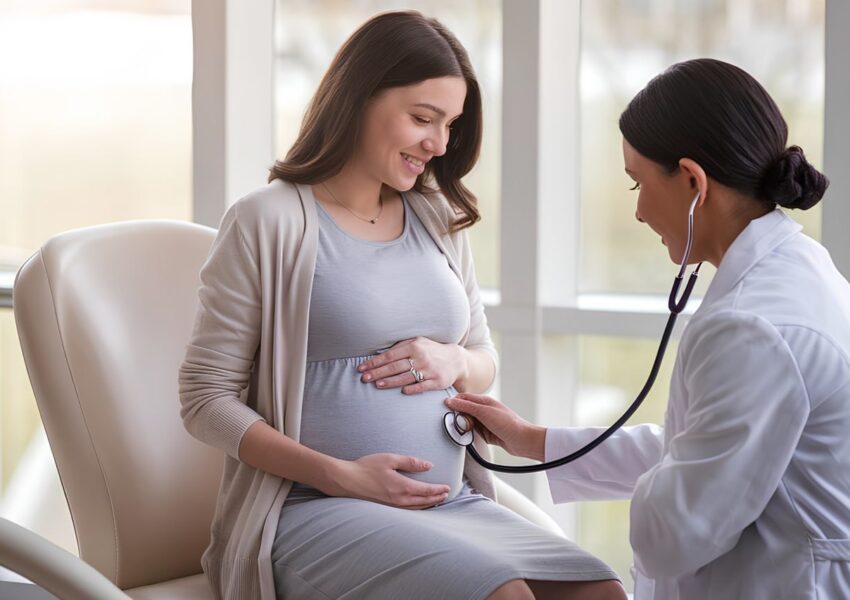
Views: 730
A high-risk pregnancy is a pregnancy that comes with increased health risks for the pregnant person, fetus or both. Certain health conditions and a person’s age can make a pregnancy high risk. If the person is over 35 or under 17 while pregnant, such pregnancies can be deemed high risk. These pregnancies demand close monitoring to reduce the chance of complications.
High Risk Pregnancy Explained
Risk is a part of all pregnancies. High risk pregnancy is any pregnancy that brings increased health risks for the pregnant person, fetus, or both. People with high-risk pregnancies will need extra care during and after they give birth. This will help to reduce the chances for complications.
Having a pregnancy that is considered high risk does not mean you or your fetus will have problems. Many people go through healthy pregnancies and normal labor and delivery having special health needs.
About 50,000 people in the U.S. experience severe pregnancy complications every year. Black people are about three times more likely to die from pregnancy-related complications each year.
Causes Of High-Risk Pregnancy
Many factors play a part in making a pregnancy High Risk. They include:
Preexisting health conditions
Pregnancy-related health conditions
Lifestyle factors including smoking, drug addiction, alcohol abuse and exposure to certain toxins.
Age (being over 35 or under 17 when pregnant)
Medical Risk Factors for High-Risk Pregnancy
People with many preexisting conditions have increased health risks during pregnancy. Some of them include:
Autoimmune diseases, such as lupus or multiple sclerosis.
COVID-19
Diabetes
Fibroids
High Blood Pressure
HIV/AIDS
Kidney Disease
Low body weight (BMI of less than 18.5)
Mental health disorders such as depression
Obesity
Polycystic ovary syndrome (PCOS)
Thyroid disease
Blood clotting disorders
Age When Pregnancy Is Considered High Risk
People who get pregnant for the first time after age 35 have high risk pregnancies. Research indicates they are more likely to have complications than younger people. These may include early pregnancy loss and pregnancy-related health conditions such as gestational diabetes.
Young people under 17 also have high risk pregnancies because they may be:
Anemic
Less likely to get through prenatal care
More likely to have premature labor or birth
Unaware they have sexually transmitted infections (STIs)
A variety of factors can make a pregnancy high risk. These include age and certain health conditions. If you have a high-risk pregnancy, you will need extra care before, during and after birth. Make sure you get thorough prenatal care. Stay in close communication with your healthcare provider to reduce your risk of pregnancy complications.
Hope you found this information helpful. Good luck with your parenthood!!
By : admin


